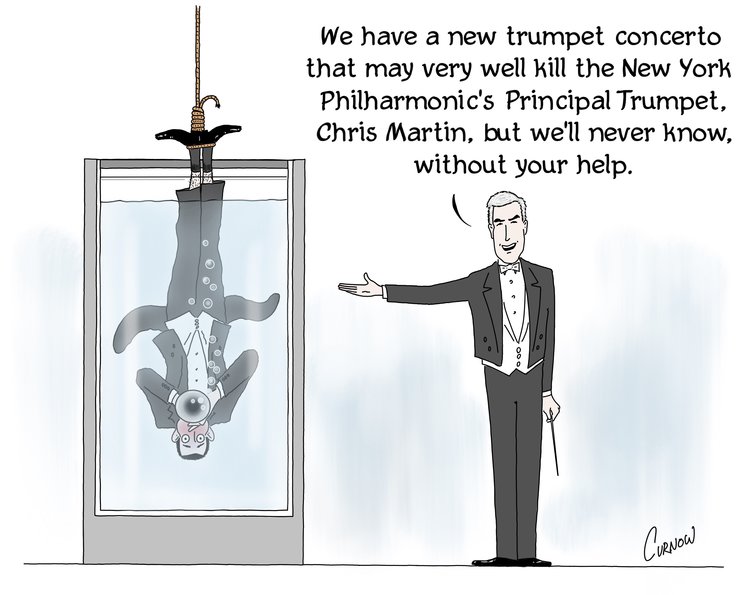As odd as it may seem, some of the most intriguing signs that classical music isn’t entirely removed from the cultural consciousness are coming from the FOX television network. In an episode of their sitcom Malcolm in the Middle they included classical music as an integral part of the story line.
Last night’s episode had the show’s title character, Malcolm (a teenage academic genius), enroll in a music appreciation class at school because he assumed it would be an easy non academic oriented course. However, he fails his first assignment and turns to his younger brother, Dewey (a pre teen classical musical genius who composes full scale operas based on the drama of his daily family life), for tutoring to help him earn the “A” he desperately needs. And since it is a sitcom, wackiness ensues.
However, if you take a moment to listen to the dialog between the gags you’ll notice that Malcolm’s problem is that he can’t figure out why Dewey just laughs at him for saying Tomazo Albinoni’s Adagio for strings and organ makes him feel “happy”.
Unfortunately, if you don’t know what the piece sounds like the joke, and therefore premise, of the episode won’t make much sense (until the end of the program). But suffice to say, Albinoni’s Adagio not usually described as a “happy” work.
In the course of attempting to teach Malcolm how to go about appreciating classical music the two boys end up getting into a fight and damage each other’s hearing (due to the wackiness) and are both rendered temporarily deaf.
At the very end of the episode Malcolm wakes up one morning, annoyed that the noisy birds have interrupted his sleep. He suddenly becomes ecstatic as he realizes that his hearing has returned and rushes over to the stereo to play his recording of Albinoni’s Adagio.
After listening to the piece for a few moments his expression changes slowly from elation to somberness as we’re to apparently believe that after being deprived of his hearing Malcolm finally “gets it” when it comes to classical music.
Granted, it’s a bit of a predictable plot but this is a sitcom and they have to cram everything into three 10 minute acts per episode. Nevertheless, it’s good to see that there are television programs out there making a meaningful reference (intentional or not) to classical music and what it is as a form of art.
After all, in the end that’s all classical music has to stand on; its artistic worth.
If you missed the episode, try pestering your friends who may have recorded it to make a copy for you; there’s some funny, well written dialog between Malcolm and Dewey in the scenes connected to the music appreciation tutelage.


